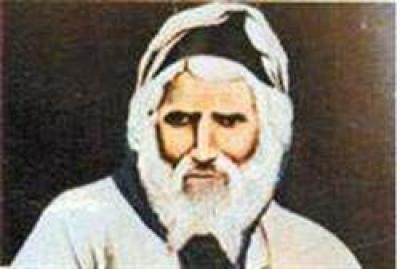
Egypt cancels Jewish pilgrimage to grave of Rabbi Abuhatzeira

We've been following how Jews are faring in the post-revolutionary Arab world, and have noted positive signs from Tunisia and mixed signals from Libya. A very poor development was reported from Egypt last month, when authorities cancelled the annual Jewish pilgrimage to the grave of a 19th-century Moroccan rabbi. On the January (Tevet) 1880 anniversary of his death, dozens of Israeli pilgrims annually visit the grave of Rabbi Yaakov Abu Hasira (also rendered Abuhatzeira), or the Abir Yaakov, in the Nile Delta village of Daymouta (also rendered Dmitoh). The decision to bar the pilgrimage came after Islamist groups threatened protests and attacks, according to reports. Several political parties joined the call to cancel the pilgrimage, reports said. Residents of the village, in the northern province of Beheira, have repeatedly called for the end of the pilgrimage and even filed cases in court to bar it. Allowing the pilgrimage was agreed to in the 1979 peace treaty between Egypt and Israel. It was banned between 2001 and 2004 in response to the Second Intifada. Again in 2008, Egyptian parliamentarians and activists lobbied the government to prevent the pilgrimages, saying the visitors behaved in a "provocative" manner.
Abu Hasira died in Egypt after being shipwrecked there while on a pilgrimage to the Holy Land, and was patriarch of a long line of scholars and spiritual leaders. He was the grandfather of Rabbi Yisrael Abuhatzeira, or the Baba Sali, the noted kabbalist who died in 1984 and whose own grave in Netivot, Israel, is now also a revered site. The Baba Sali's own grandson was Rabbi Elazar Abuhatzeira, who was stabbed to death last August in Beersheba, apparently by a mentally disturbed congregant, while he was hosting guests at a yeshiva near his home. (Jerusalem Post, JTA, YNet, Jan. 12; Haaretz, Haaertz, July. 29, 2011)
